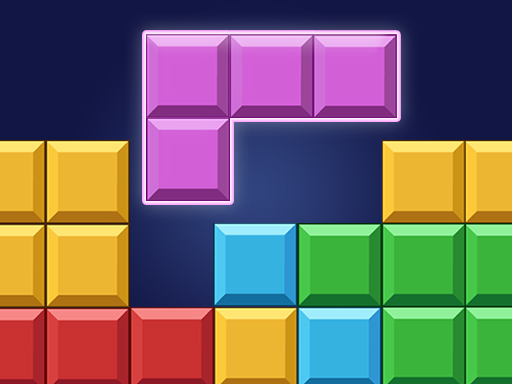The Rise of HTML5 Games: Why They're Revolutionizing Online Gaming
Introduction to HTML5 Games
The world of online gaming has experienced a transformative shift with the advent of HTML5 technology. As developers strive to create immersive and accessible gaming experiences, HTML5 games have emerged as the perfect solution, revolutionizing the landscape of digital entertainment.
What Are HTML5 Games?
HTML5 games are interactive applications built using the latest version of the HyperText Markup Language, coupled with CSS3 and JavaScript. Unlike traditional games that require plugins like Flash, HTML5 games run seamlessly on web browsers, making them accessible on a wide range of devices.
The Advantages of HTML5 Games
1. Cross-Platform Compatibility
One of the most remarkable features of HTML5 games is their ability to run across multiple platforms. Whether on desktop, mobile, or tablet, these games function flawlessly, offering consistent user experiences.
2. No Installation Required
Unlike native apps that require downloads and updates, HTML5 games run directly in browsers. This eliminates the need for users to install software, reducing barriers to entry and increasing engagement.
3. Lightweight and Fast Loading
HTML5 games are designed to load quickly, even on slower internet connections. This ensures that players can dive into the action without long wait times, enhancing user satisfaction.
4. Open-Source Development
The open nature of HTML5 encourages innovation and collaboration. Developers can build upon existing frameworks, creating diverse and unique gaming experiences without the constraints of proprietary systems.
How HTML5 Games Are Revolutionizing Online Gaming
1. Democratization of Gaming
HTML5 games have made online gaming accessible to a broader audience. Users no longer need high-end devices or expensive software to enjoy quality games. A simple browser and internet connection are enough.
2. Enhanced Graphics and Audio
Modern HTML5 games leverage advanced APIs like WebGL and Web Audio to deliver stunning visuals and immersive soundscapes. This rivals the quality of traditional console and PC games.
3. Seamless Multiplayer Integration
HTML5 supports WebSocket, allowing developers to create real-time multiplayer games with low latency. This has led to a surge in social and competitive gaming experiences.
4. Monetization Opportunities
HTML5 games offer flexible monetization models, including in-game advertisements, microtransactions, and premium versions. Developers can cater to diverse revenue streams while keeping the games free-to-play.
HTML5 vs. Traditional Gaming Platforms
| Feature | HTML5 Games | Traditional Platforms |
|---|
| Accessibility | Universal | Device-dependent |
| Performance | Browser-reliant | Hardware-optimized |
| Updates | Automatic | Manual |
| Development Cost | Low | High |
Notable Examples of HTML5 Games
- Cut the Rope: A physics-based puzzle game that runs smoothly in browsers.
- Slither.io: A multiplayer game demonstrating HTML5’s real-time capabilities.
- 2048: A simple yet addictive number puzzle game, optimized for mobile and desktop.
Future of HTML5 Gaming
HTML5 games are poised to dominate the online gaming industry. With increasing browser capabilities and the adoption of 5G, we can expect even more complex and graphically rich games. The technology's scalability ensures that it will remain relevant in the face of evolving player demands.
Challenges Facing HTML5 Games
1. Browser Dependency
While HTML5 games work on multiple browsers, inconsistent performance across platforms can pose challenges for developers.
2. Limited Offline Functionality
Although advancements like Service Workers enable offline play, HTML5 games still depend heavily on an active internet connection.
3. Security Concerns
As browser-based applications, HTML5 games are susceptible to security threats like cross-site scripting and data breaches.
Why Developers Prefer HTML5 for Gaming
1. Simplified Development Process
HTML5's comprehensive toolsets and frameworks streamline the game development process, reducing time-to-market.
2. Vast Library of Tools
Popular libraries like Phaser, PixiJS, and Three.js empower developers to create games with advanced features and polished interfaces.
3. Global Reach
With HTML5 games, developers can reach a global audience without worrying about regional compatibility issues or platform exclusivity.
HTML5 Games and the Mobile Gaming Boom
The mobile gaming industry has witnessed exponential growth, and HTML5 games play a pivotal role in this expansion. Their adaptability to touchscreens, combined with minimal storage requirements, makes them ideal for mobile users.
Conclusion
The rise of HTML5 games signifies a new era in online gaming. By combining accessibility, advanced features, and cost-effectiveness, HTML5 has revolutionized how games are developed and played. This technology is not just a trend but a cornerstone of the future gaming industry.


























































































































































